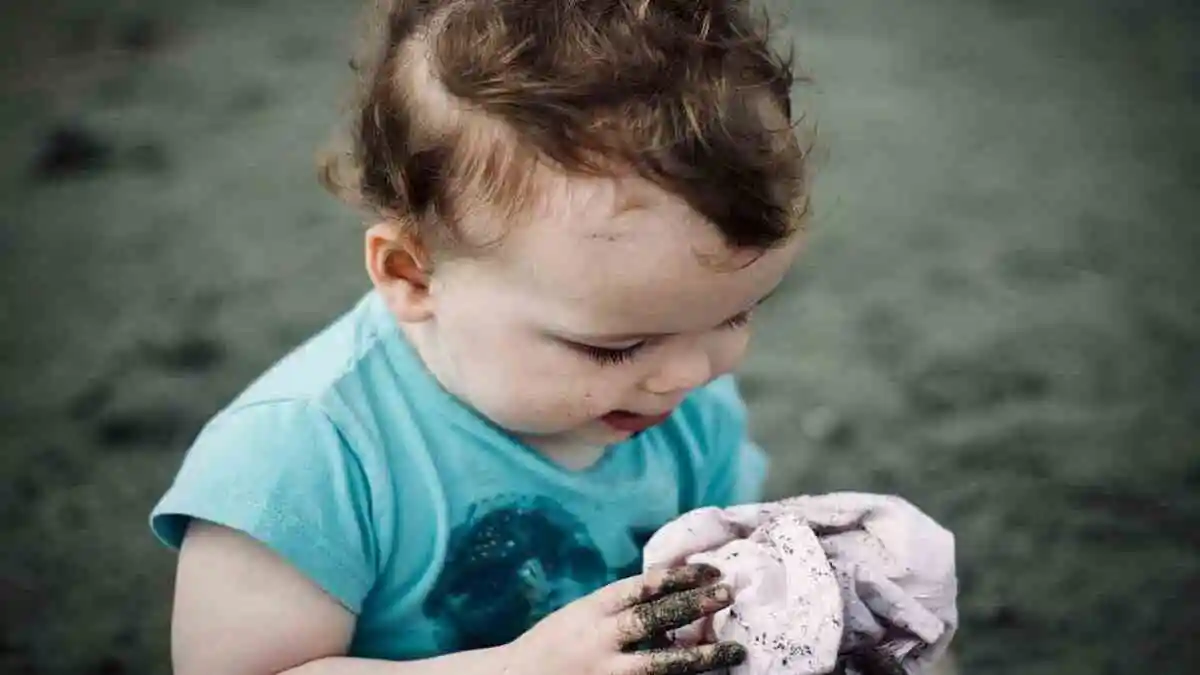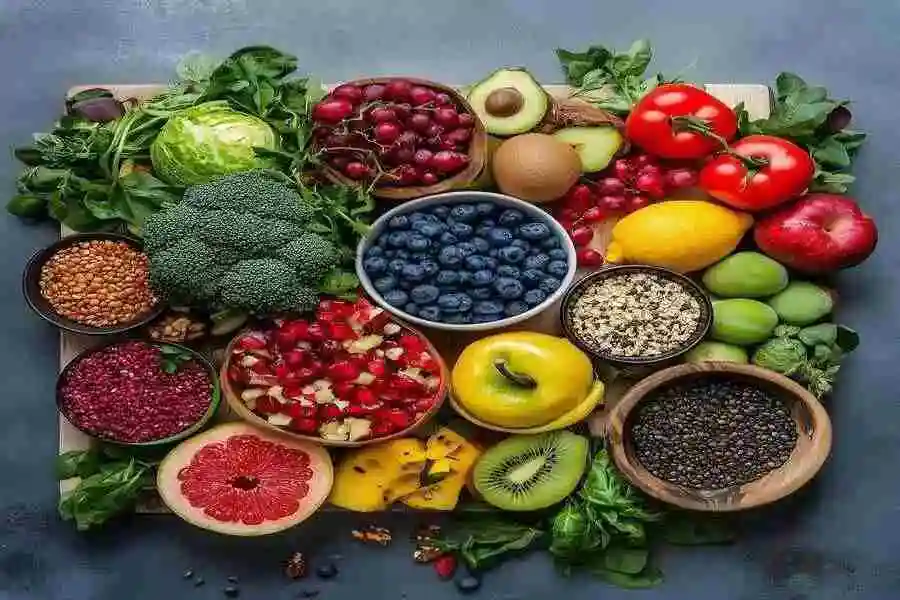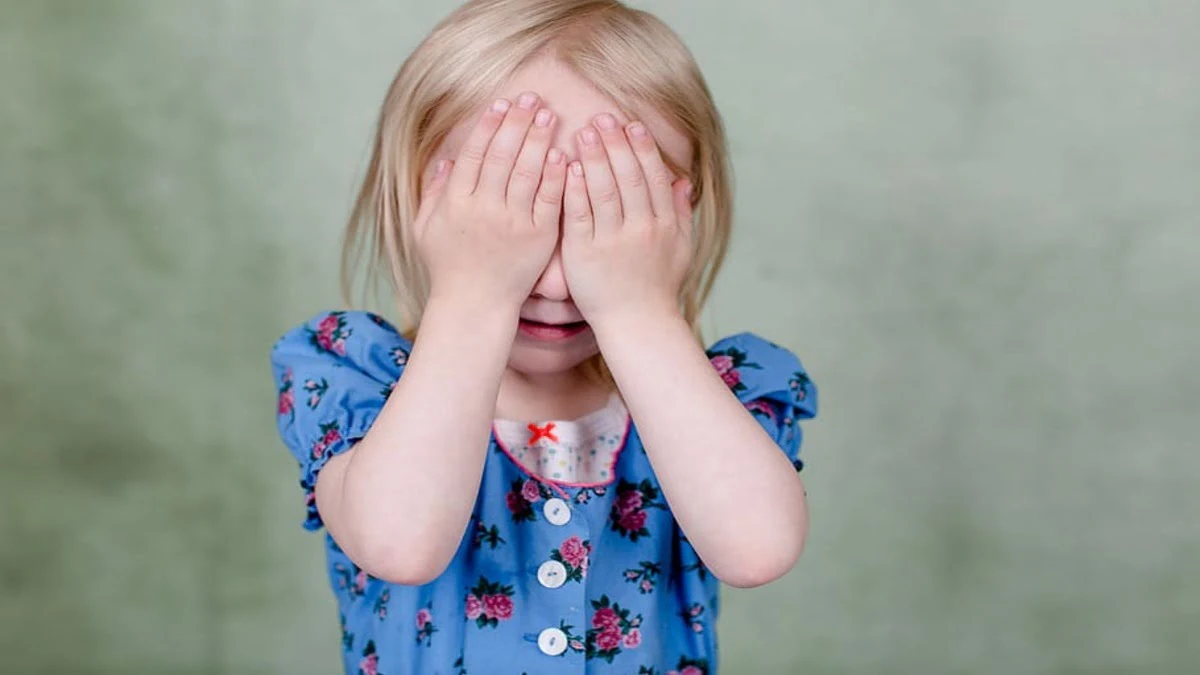Understanding PICA in Children: Why It Happens and How to Help
Before discussing PICA, we shall shed some light on the eating behavior of toddlers. More often than not, we observe small kids or toddlers putting everything in their mouths whenever they find something on the ground. This strange-looking activity compels us to think about why kids eat soil. This phenomenon in small children can be seen just after they are six or eight months old or strong enough to crawl on the ground.
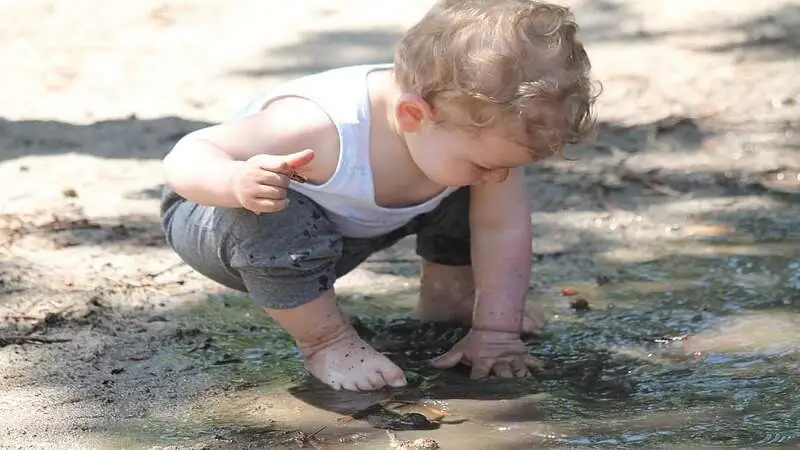
Sometimes, this habit goes away after some time on its own or after their parents or guardians restrict them. However, this habit in small kids can remain with them and continue till they turn two years old.
This phenomenon is most likely to happen in rural areas where the chances of a toddler getting in touch with the mud or soil are higher. The moment a small kid is out of the watching eyes of the mother or the guardian, it can find anything on the ground and put the thing in the mouth in a flash.
This habit in kids is known as mouthing and it may surprise you that it is even considered a regular activity. However, when the habit is prolonged, it needs attention. Usually, toddlers like to put absolutely anything in their mouth, irrespective of the taste, texture or color, as they are small enough to understand its implications. Mostly, since the most common and easily accessible thing is the soil, they tend to put it up and put it in their mouth.
What is PICA, and how does it affect children?
PICA is a medical term for the disorder that exists in small kids or some pregnant women, too. It is a condition in which the craving to eat almost anything is seen as prevalent in a person or a child. It has nothing to do with the nutritional value of the food, which can be zero, or the taste, which can be bland.
At times, it has nothing to do with the hunger factor too, irrespective it is a grown-up person or a kid. It is a mere compulsion or habit that forces the kids to eat the soil or anything that is a non-food item.
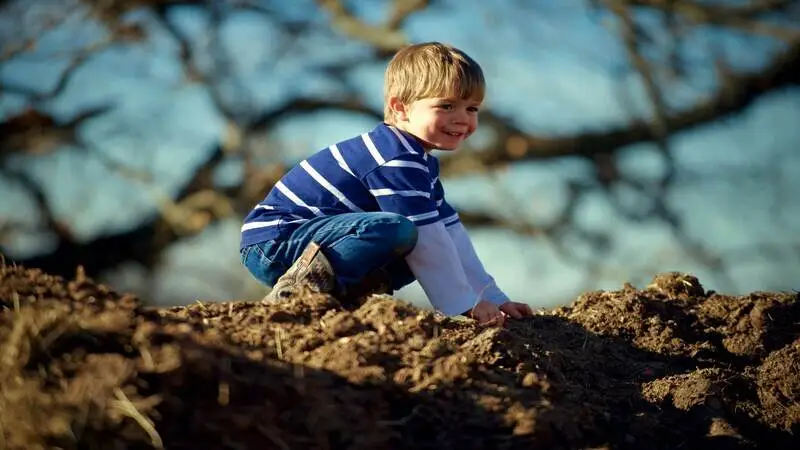
Usually, kids can be seen eating or trying to eat wood, toys, mud, soil, cardboard, newspaper, etc. All this is perceived to be normal till the child is two years but after that, it should be a cause of concern for the parents. When the craving doesn’t go away even after this age, it is considered that the child is suffering from PICA.
The reason for the kids to eat soil
Now the question arises as to why babies or toddlers tend to eat soil, mud, etc. Well, while the child is in a growing phase and the body is experiencing changes, the curiosity to explore the world around is a natural thing to happen. With time, the child tends to develop a tendency to look for things other than what is considered a normal food item.
Another factor may be that the child’s body is suffering from malnutrition and is anemic. The vital nutrients missing in the diet of the child may create an urge in the child to have something weird, even though that may not be edible or nutritious. The essential nutrients that the child may be deficient in are iron, Zinc, etc.
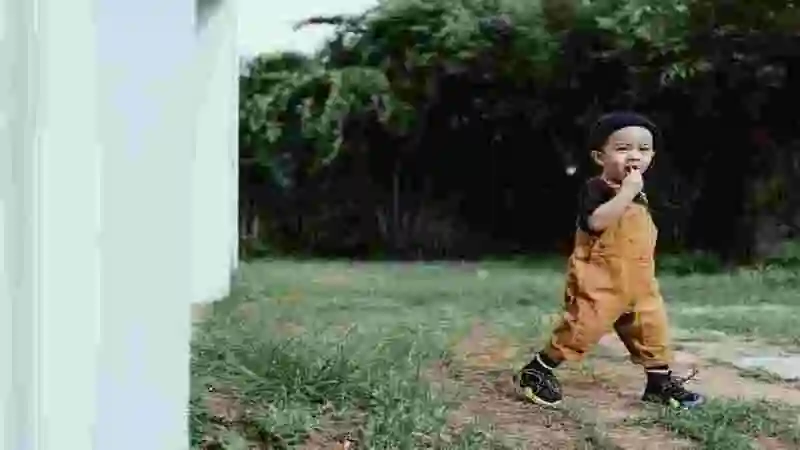
However, this factor may or may not be responsible for the eating disorder that the child is having. It can simply be an innocent exploration, fascination to know about the surroundings or the child may have developed a habit of putting unusual things in the mouth.
The category of people who can have this symptom
Although the eating of weird things like soil, mud, wood, paper, etc., due to the PICA disorder, may mostly happen in kids, there are instances also where it can be found in adults. The most common sufferers of PICA usually fall into three categories of humans. These are:
Malnutritioned kids
Children above six months and up to two years or sometimes up to six years. Mostly, they suffer from malnutrition and their bodies crave something extra to replenish the deficiency. These kind of children lay their hands on absolutely anything they can find. The absence of hygiene in the food gives rise to this symptom.
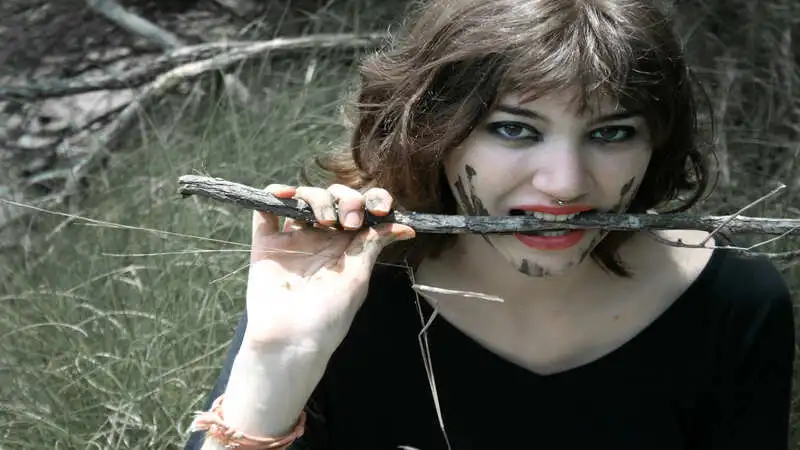
Pregnant women
Pregnant Women have to increase their food intake to sustain themselves and their babies. The pregnancy period requires a constant replenishment of food and sometimes a deficiency of it causes anemia in the mother. This gives rise to the craving for food items that are generally not considered standard. These may be pickles, citrus fruits, soil, paper, etc.
Kids suffering from autism or other health issues
Children suffering from some body developmental disorders, such as autism, usually hamper normal communication in the child and the child resort to eating weirdly or abnormal.
People suffering from Mental health issues like obsessive-compulsive disorder (OCD), in which people have unwanted and recurring thoughts or some sort of obsessions or mental stress. This situation can also lead to undesirable behaviours like PICA, where the person gets obsessed with eating something abnormal or an inedible item.
The children or women who come under the above categories do not necessarily mean that they are going to develop PICA, but mostly it is seen associated with the people who fall into the above categories.
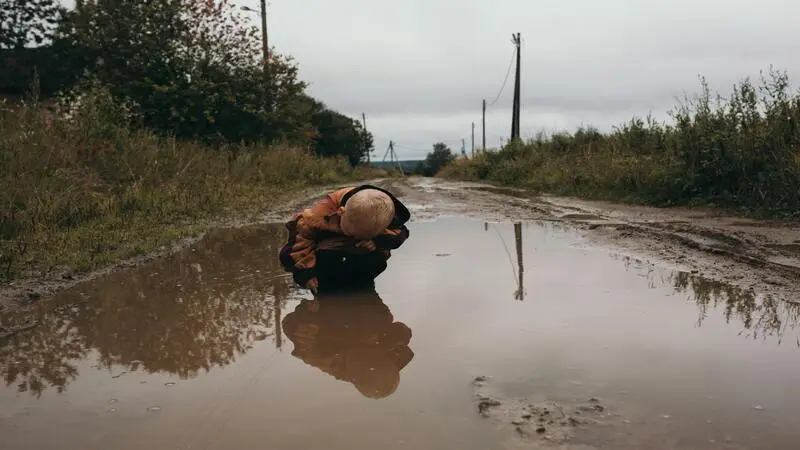
Things that a child suffering from PICA usually consumes include items such as mud, soil, soap, chalk, ice, wall paint, baking soda, charcoal, etc.
Symptoms and how to diagnose PICA in children
The symptoms of PICA in children are not observed very early, as this disorder, when persistent in the child for at least a month, can be called PICA. So, the child needs to be observed for some time by the parents if they sense something is not right with the eating habits of the child.
Although there are no specific tests to be done for diagnosing PICA, the symptoms can be discussed with a child specialist. The doctor can ask for some tests to be done on the child, which can help in detecting a direct relation with PICA. Some of the tests that the doctor can advise can be:
A normal X-ray test
It is required when the child has pain in the abdomen and there is a suspicion that the child may have swallowed something unusual. The difficulty in the bowels of the child will also push the parents toward getting this test done. The X-ray can clearly show if there is a foreign body present, if the child has consumed it somehow.
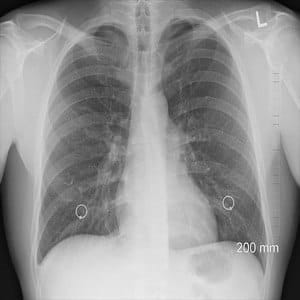
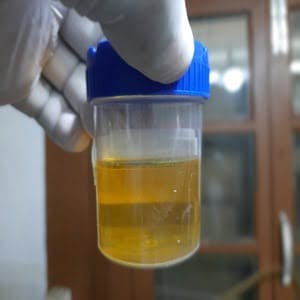
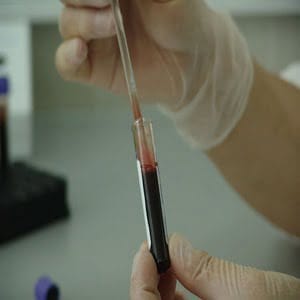
Simple blood and Urine tests
It can throw light on the dearth in the amount of minerals and vitamins in the body. The deficiency of Zinc and iron in the body, along with persistent abnormal eating habits, will indicate PICA in the child. It is this deficiency of minerals that makes the child crave more of it and, in the quest, looks to make up for this deficiency from other unnatural sources.
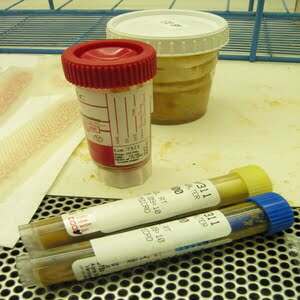
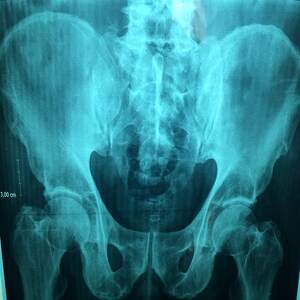
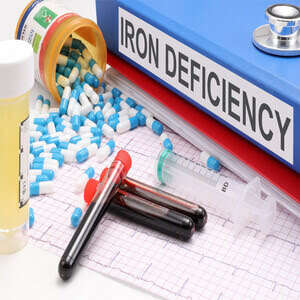
Stool test
This test aims to detect the presence of parasites in the child’s bowels, which may result from abnormal eating habits.
Testing the lead levels
The acid level present in the child’s blood will also provide some indication for this. A high level of lead present in the blood of the child may indicate the possibility that the child has been consuming something that is related to lead. This can also be due to involuntary ingestion of lead-contaminated dust (due to the burning of some lead substance nearby), water (through leaking pipes) or food (containing lead-glazed or soldered containers.
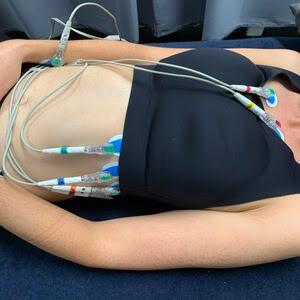
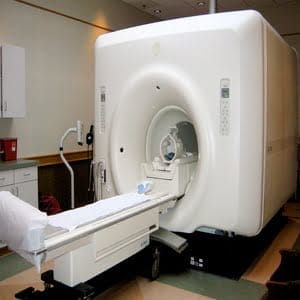
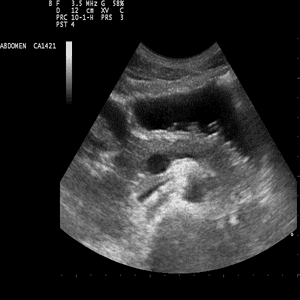
Imaging tests
Tests like CT (computerized tomography) scan tests, MRI (Magnetic Resonance Imaging) tests, Ultrasound, X-ray tests, etc., will give a clearer picture regarding any internal damage or any blockage in the body.
Diagnostic tests
Tests like an ECG (electrocardiogram) check the electrical rhythm of the heart. Any deviation in the graph indicates that something is wrong in the body due to the presence of certain parasites or some electrolyte imbalance arising from the unusual intake of food.
The possible consequences of PICA on children
If the child is showing signs of PICA, it should be a priority for you to look into the matter. The complications associated with PICA can lead to some serious issues for the child. Different complications can result from this condition, depending on the kind of food that the child consumes. Some of the conditions that can arise from this habit are:
Intestinal blockage
Any food that is hard to digest, such as paper, cardboard, wood, etc., is not digested by the body and will cause pain in the intestine or stomach. This stuff may cause either constipation or diarrhoea, resulting in intestinal blockage.
Parasitic Infection
Any mud, dirt or faeces consumed by the child may lead to a parasitic infection in the intestine. However, in normal circumstances, any dirt or mud consumed by the child from the clean surroundings in the garden does not affect their health much. Occasionally, any mud consumed benefits the child, since it exposes the child to certain microbes that help in building up a healthy immune system.
Poisoning
Consuming paint in liquid or solid form can cause poisoning and may cause brain damage too. Besides, the lead present in the paint may hamper the mental and physical development of the child.
Vomiting/ Fevers or Diarrhoea
The child may eat their own or a pet’s poop, which is always a possibility in homes having pets. Any sort of poop consumed by the child generally does not give any symptoms since they find it extremely bad in taste and therefore don’t continue with this habit. However, on some occasions, there may be fevers, nausea, vomiting or even diarrhoea which can be cured easily.
Injury to the mouth
If the child continuously develops a habit of eating hard stuff like wood, glass, and household items, it may result in injury to the mouth and teeth or the material may get stuck in the throat. This needs to be looked into, especially if the child has done this in the past, too.
Stomach pain
If the child out its curiosity,y has consumed any item in the house that is too hard to digest, not feasible for children or has turned stale can cause food poisoning in the child and may result in vomiting, fever, diarrhoea, stomach pain, etc.
Preventing the child from eating soil and other things
Preventing the situations that can lead to the condition of PICA in children is of utmost importance. Stopping the child from eating soil or mud in the initial stages itself can help in avoiding PICA. Some of the precautions that one can take to prevent the child from eating soil and other stuff of no value can be:
Dispose of the items properly
Properly dispose of any hair strands, kitchen garbage and other expired items from the reach of the child. There may be some articles that are not good for your young child.
Keep the surroundings clean
Regularly clean the surroundings and dust them properly so that there is minimal chance for the kid to catch an infection. Make a schedule and regularly check all the nooks and corners where your child is expected to pay a visit.
Keep a check on the pets
If there are any pets in the house, special care has to be taken so that the child does not get exposed to the excreta of the pets frequently, as they can start to experiment with them. Try to be close by while your child is playing with the pets in the house.
Dispose of any paintwork residue
After the paintwork has been completed, one has to immediately clear off the remaining stuff and keep it out of reach of the child. Some paints have addictive chemicals that can lead to the condition of PICA in the child.
Educate your child about hygiene
Properly educate the child about hygiene and the difference between food and non-food items. This way, you can prevent any future possibility of PICA in children. Also, a habit of regular hand washing of hands should be inculcated in the child.
Look for any deficiency in the child
Look into whether the child is not suffering from anaemia or other deficiency, which can make the child eat any non-nutritious stuff and develop PICA. Feed the child adequately and regularly so that there is no space for any experimentation by the child due to being hungry.
Make sure that the child is stress-free while having meals, as any disturbance during eating can make the child skip the meal and later, when hungry, binge on any useless and dangerous stuff.
Some of the frequently asked questions by people regarding PICA
Why do kids eat soil and how to stop them?
Kids eating soil is due to various factors and the most common factors are that either they are anaemic and hungry, or due to the normal curiosity in them towards the surroundings, where they want to explore the things around them.
What is PICA and can this be cured?
PICA is a mental condition that gives rise to an eating disorder that compels a person to eat non-food items like dirt or paint, which have no nutritional value. It goes away on its own till the child reaches six years. In pregnant women, too, this can get normal afterwards. However, it needs attention if the conditions are persistent over a period of time.
What is the percentage of people suffering from PICA in India?
It is estimated that about 10%-32% of children in the age group of 1-6 suffer from PICA in India.
Is PICA common in males or females?
It is believed that PICA is more common in females than males, since it mostly happens during pregnancy. However, it is most likely to happen to children between 1-6 years irrespective of their gender.
Who suffers from the condition of PICA the most?
Three types of people suffer from the eating disorder or PICA
1. Children between the age group of 1-6 years.
2. Pregnant women who develop a liking for unusual things.
3. People suffering from certain mental conditions, such as autism or schizophrenia.
Is it normal for toddlers to eat dirt?
This sort of behavior is normally expected from toddlers who are under two years of age due to their curiosity regarding the world around them. But, if this habit is seen prolonged much after they have crossed the five-year age, then it may indicate PICA. Te parents have to be careful and watch the habits of the child in an early age.
How is PICA diagnosed in children?
Although no particular labs are designed to diagnose PICA, we can get the kid checked through some tests and relate them to the behavioural history of the child. Some tests which can help are X-ray tests (which can detect any object swallowed), blood tests (to detect any iron and zinc deficiency), and stool tests (to check for any parasitic infection. Some further tests like CT scan, MRI, etc., may be recommended too by the doctor.
Can PICA go away on its own?
Yes, it is mostly the case that the habit may go away on its own. Kids usually mature with age and thus their habits die down naturally. However, if the behavior continues or worsens, especially in older children, some medical intervention is needed.

